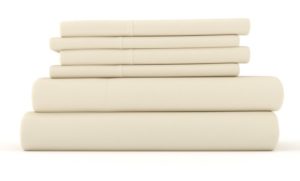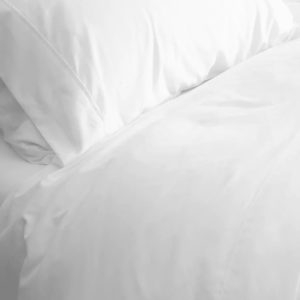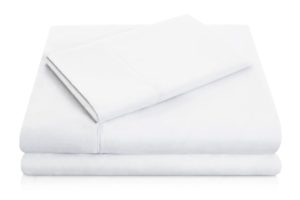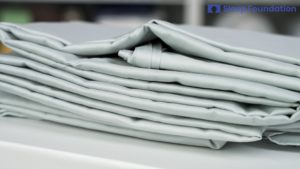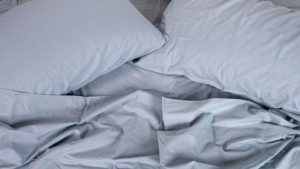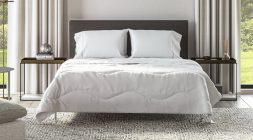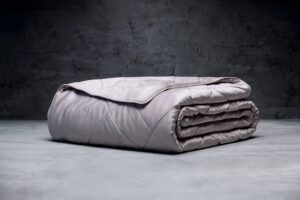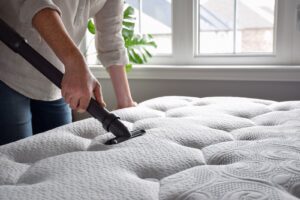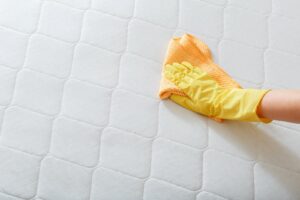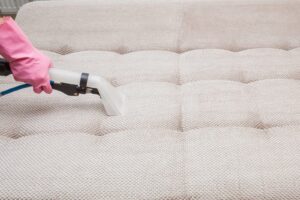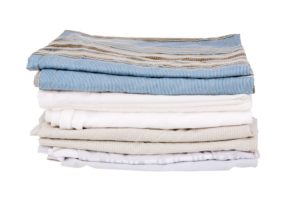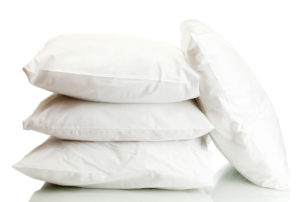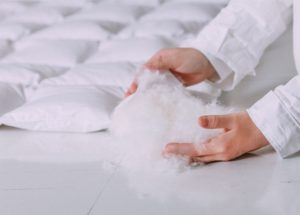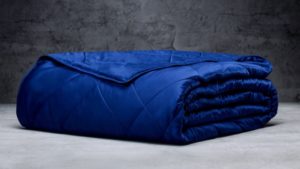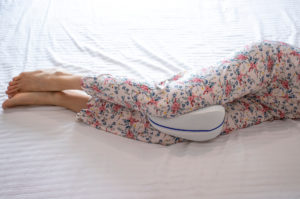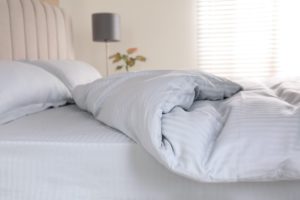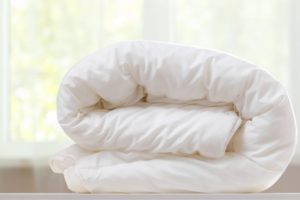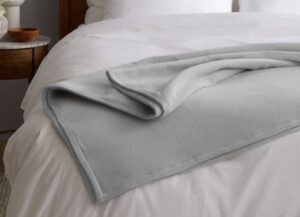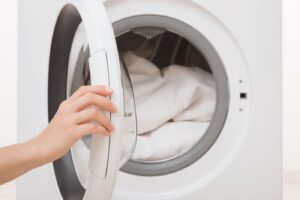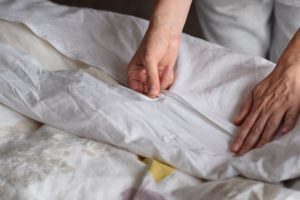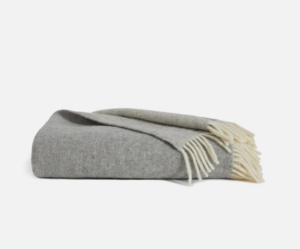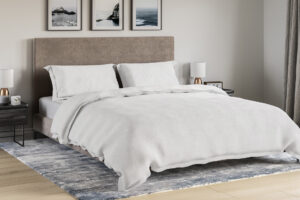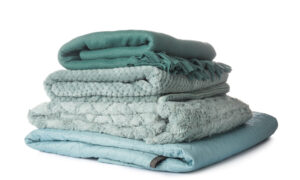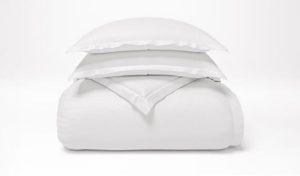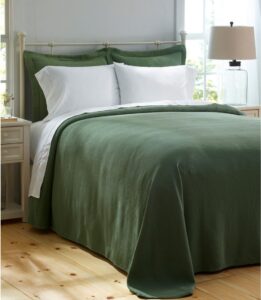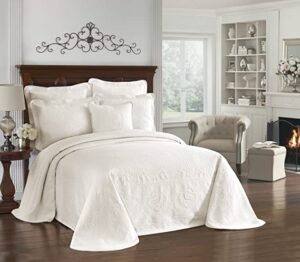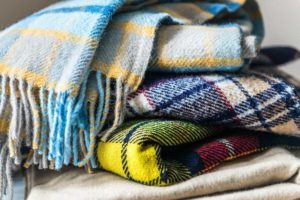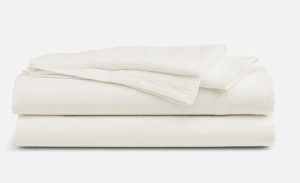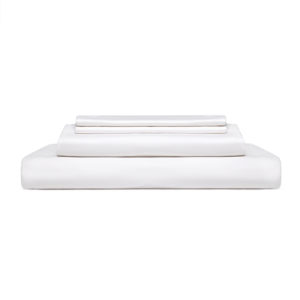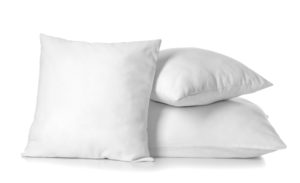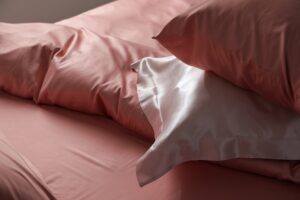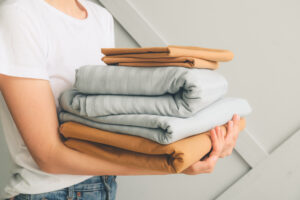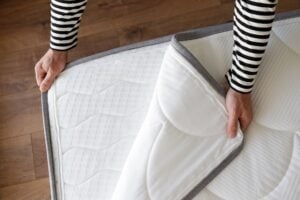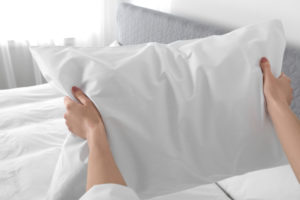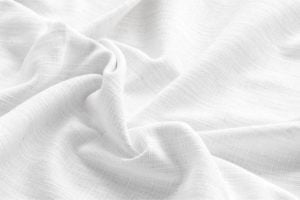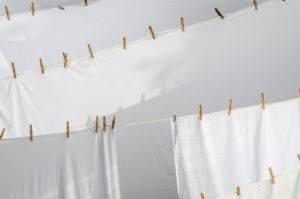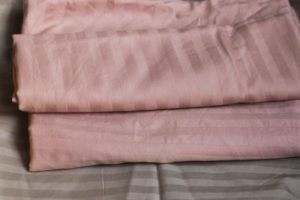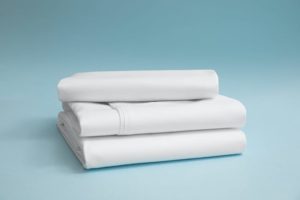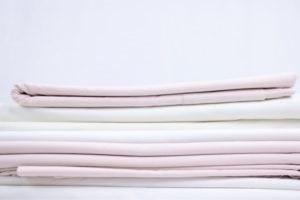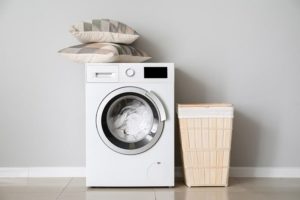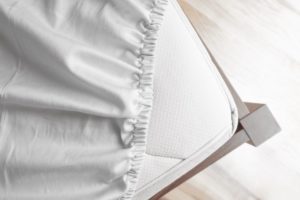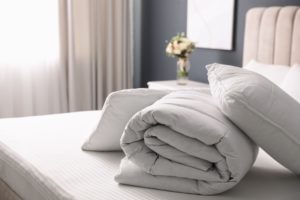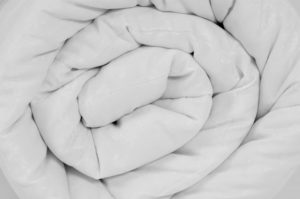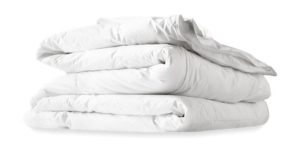Microfiber vs. Cotton Sheets
Quality sleep plays a key role in both physical and mental health. Picking the right sheets for your bedding set can help ensure that you get the most comfortable night’s sleep possible. There are a number of factors to consider when selecting sheets that will meet your particular needs, such as texture, feel, and moisture-wicking capabilities.
Cotton and microfiber sheets each have unique benefits when it comes to texture, durability, and temperature. We’ll explore the two fabric options so you can determine which material best matches your comfort needs.
What Is Microfiber?
Microfiber sheets are made up of super-thin fibers woven together to create a lightweight and comfortable sheet. This type of sheet is set apart by its specific thinness and can be made from a number of materials, such as nylon polymers, polyester, or wood pulp.
Since microfiber sheets are often made from synthetic materials, they are less prone to wrinkling and shrinkage in comparison to natural materials, like linen or cotton.
Microfiber is lightweight, and the higher the quality of the sheet, the more moisture-wicking capabilities it will have. Though microfiber sheets are very thin, they are often strong and durable, resulting in a smooth finish and the ability to modulate temperature similarly to a weatherproof jacket.
Microfiber sheets are woven in a percale or sateen weave. The tighter the weave, the more durable the sheet will be when it comes to frequent washing.
Benefits and Drawbacks of Microfiber Sheets
| Benefits | Drawbacks |
|---|---|
|
|
What Is Cotton?
Cotton is a breathable fabric made from cotton plants, making it a natural and soft option for sheets with an organic, comfortable feel. This type of sheet typically consists of around 200,000 individual fibers of varying length, including short-, long-, and extra-long-staple.
Cotton sheets can either be knit or woven and typically come in sateen, percale, or combed weave options. The material also provides versatility in terms of the type of cotton used as well as the quality. For example, sheets can consist of 100 percent cotton or a cotton blend.
Egyptian cotton is a high-end option, with extra-long fibers and a higher thread count. Pima cotton is a mid-range option that has a remarkably soft feel, while upland cotton is the most affordable option. With short staples and a coarser feel, upland cotton is also the most common type of cotton used in cotton sheets.
With a wide range of styles and materials, cotton sheets are available across all price-points. Moreover, cotton sheets get softer with every wash and are easy to clean. They are also naturally breathable and wick away moisture, which helps to keep sleepers cool. Additionally, cotton is an all-natural option and often comes in organic and environmentally friendly options.
Benefits and Drawbacks of Cotton Sheets
| Benefits | Drawbacks |
|---|---|
|
|
How Do Microfiber and Cotton Compare?
There are a number of differences between microfiber and cotton sheets to consider before making your purchase. Both microfiber and cotton sheets come in a variety of options when it comes to weave and thread count, which in turn affects affordability.
Cotton sheets are more breathable than microfiber and won’t trap heat as easily, providing a more comfortable sleep.
However, microfiber sheets can be more durable than cotton sheets, as natural fibers — particularly less expensive cotton options — can break down more easily with frequent washes. Microfiber is a good option for shoppers looking for a lightweight yet highly durable sheet.
| Category | Microfiber Rating | Cotton Rating |
|---|---|---|
| Durability | Microfiber sheets generally have a tight weave and are less likely to deteriorate with frequent washes. | Cotton sheets become softer with each wash, though they are more likely to break down given their natural fibers. |
| Temperature Neutrality | Microfiber traps heat more easily than cotton. The material is better suited for colder climates and people who tend to sleep cold. | Cotton’s natural fibers assist in regulating temperature for a cool and dry sleep. They are ideal for sleepers who run hot at night. |
| Comfort and Feel | Microfiber has a lightweight, smooth, and slippery feel. However, due to the sheet’s thinness, active sleepers might notice the sheets easily bunch. These sheets are also less ideal for people with sensitive skin. | Cotton has a clean, cool, and soft feel and gets softer with every wash. These sheets are a good option for those with sensitive skin. |
| Cleaning and Care | These sheets are easy to clean and less likely to shrink. However, microfiber sheets are more prone to long-lasting stains because of their absorbency. | Cotton sheets are easy to wash and not prone to staining. However, due to the natural fibers, the sheets will break down quicker over time. |
Cost
The cost of both sheets depends on the quality of the material. Both sheet types offer a range of cost-effective options as well as high-end selections depending on the thread count and weave. However, cotton sheets tend to be more expensive on average.
Lifespan and Warranty
Both microfiber and cotton are highly durable and, if cared for correctly, can last several years. This is also contingent on the quality of the sheet’s material.
Microfibers, due to the tightness of the weave, are more durable than cotton, which will break down with more frequent washing due to its natural fibers. Pilling can happen with either fabric and depends on the finishing process.
The warranty for both microfiber and cotton sheets are often both for one year, though this varies by manufacturer. Depending on the cost and quality of the sheets, the warranty might last several years.
Cleaning and Care
Cotton and microfiber sheets are both easy to care for as both can be machine washed and dried. Both materials are highly durable and often hold colors well.
Cotton becomes softer with every wash, though it is more prone to breaking down with time due to its natural fibers. Cotton might also shrink after the first wash and is more prone to wrinkling. Microfibers, on the other hand, are more likely to stain due to their highly absorbent nature, unless otherwise specified.
Who Is Best Suited for Each?
Both microfiber and cotton sheets are durable and smooth options and feature varying price-points and styles.
Despite their similarities, there are a number of things to consider when determining what type of sheet is best for your needs. For example, cotton is a more breathable and allergen-free option, while microfiber is usually more durable.
Microfiber vs. Cotton Sheets
| Microfiber | Cotton | |
|---|---|---|
| Pros |
|
|
| Cons |
|
|
| Feel | Smooth and silky | Soft and breathable |
| Average Price | $15 and up | $50 and up |
| Average Lifespan | 2-3 years | 2-3 years |

Still have questions? Ask our community!
Join our Sleep Care Community — a trusted hub of sleep health professionals, product specialists, and people just like you. Whether you need expert sleep advice for your insomnia or you’re searching for the perfect mattress, we’ve got you covered. Get personalized guidance from the experts who know sleep best.

